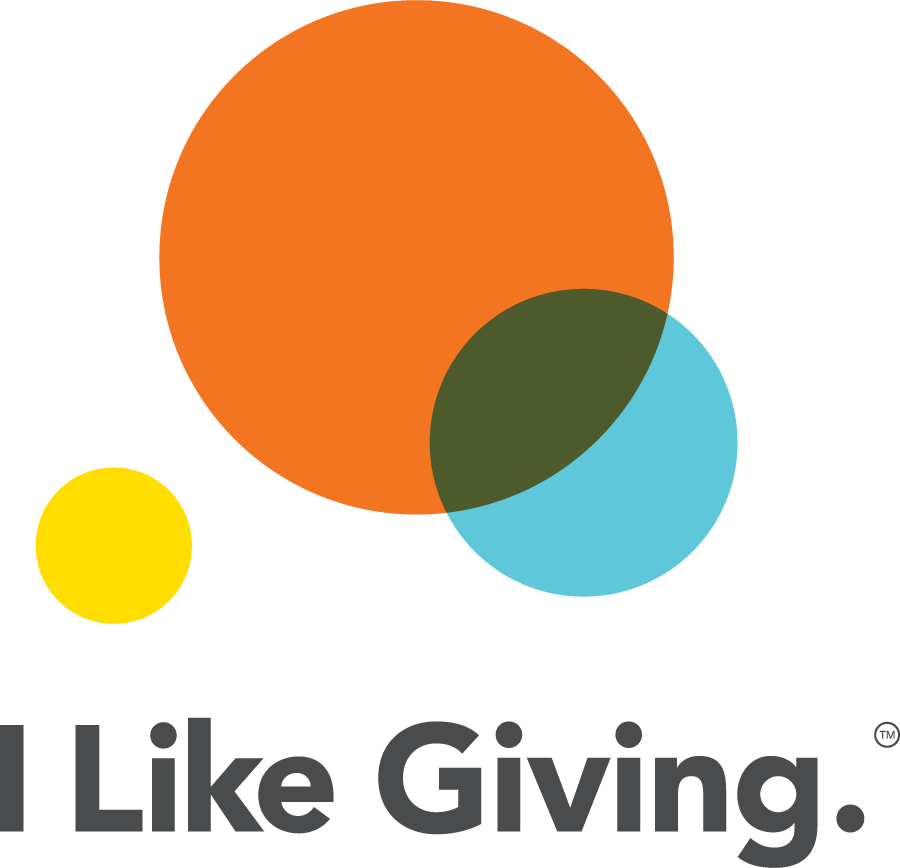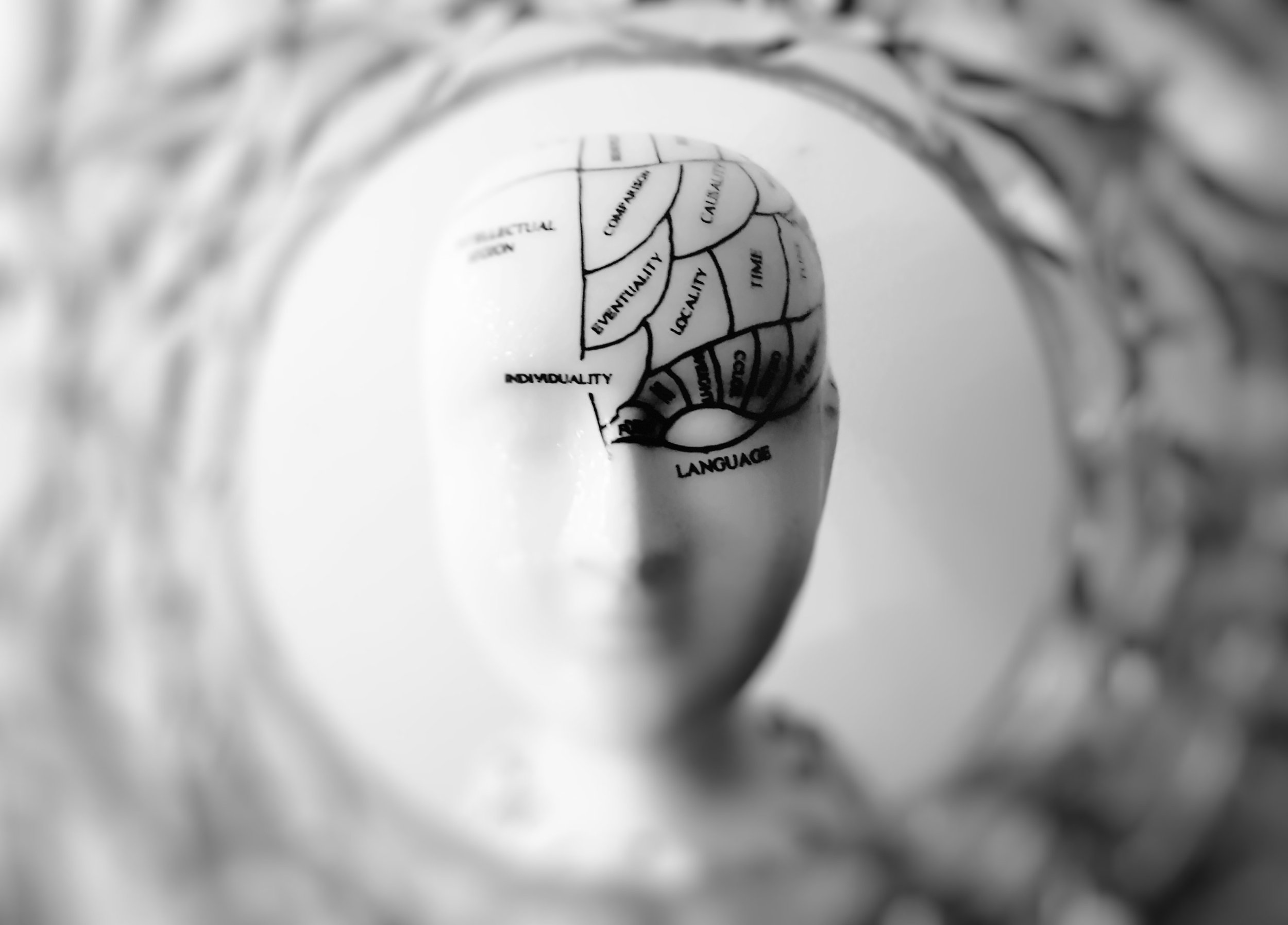What would you say if I told you that generosity is one of the keys to a happy mind and a healthy body?
Mind blown? Mine, too!
Research shows that living generously can impact your happiness hormones and boost your immune system.
Generosity is a mood-lifter and a life-giver.
Your Brain on Generosity
Happiness can be one of those fleeting emotions. Here today–gone five minutes later.
But the Cleveland Clinic reports, “There is evidence that, during gift-giving behaviors, humans secrete “feel-good” chemicals in our brains, such as serotonin (a mood-mediating chemical), dopamine (a feel-good chemical), and oxytocin (a compassion and bonding chemical).”
When we give our time,
volunteering and helping others,
it can trigger a “helper’s high” in the brain, releasing endorphins.
Endorphins are neurotransmitters that act as a “pain reliever or happiness booster” in the brain.
When we are generous, our brains are flooded with feel-good chemicals.
The “helper’s high” can be as addictive as a delicious slice of chocolate cake.
I say, go for the giving high–it’s easier on the hips!
Not only does generosity boost your mood,
but it also boosts your immune system.
Happy & Healthy: The Mother Teresa Effect
In a world where stress is a given and a new health crisis seems to lurk around every corner, generosity offers a different alternative.
Dr. Earlexia Norwood, M.D, says that simple acts of kindness are known to “decrease blood pressure, protect our hearts, lessen aches and pains, strengthen our immune system, and slow aging.”
Sign me up!
The crazy thing is that seeing someone else be generous can have a similar effect on our health.
In 1988, Dr. David McClelland, a researcher at Harvard University, specialized in studying secretory immunoglobulin A found in our saliva.
The Centre for Studies on Human Stress says that “secretory immunoglobulin A is the first line of immune defense against toxins and infectious agents found in the environment.”
So…pretty important, right?
McClelland hypothesized that good deeds could positively affect the immune system.
He was right!
His study found that the Harvard students who watched a film about Mother Teresa’s good deeds in India produced significantly more immunoglobulin A in their saliva.
The students that watched a movie about Hitler’s actions in WWII? Not so much.
McClelland concluded that “the perception of goodness alone could lead to better immune function in humans.”
His students called this “The Mother Teresa Effect.” Wild.
Simply witnessing someone else’s generosity can jump-start your immune system.
Generosity is contagious–in a good way!
Happiness tip: Watch our latest Ilikegiving.com film about teachers for an immediate immune booster!
Daily Dose of Generosity
Isn’t it funny that in showing kindness to others, we are inadvertently showing kindness to our minds and bodies?
It’s almost like we are made for giving, right?
Generosity is the act of giving with no-strings-attached.
You give without a thought of getting something back.
But isn’t it cool that when we open our hearts to the 7 ways of living generously–
thoughts, words, money, time, attention, belongings, influence–
our minds and bodies get in on the joy?
Generosity is a twofer. Everybody wins.
So, get out there and live generously.
Your happy brain and healthy body will thank you.
Do all the good you can,
by all the means you can,
in all the ways you can,
in all the places you can,
at all the times you can,
to all the people you can,
as long as ever you can.
Susanna Aughtmon is a gifted writer, wonderful wife, mother, daughter and friend, and a valued member of the I Like Giving team.







